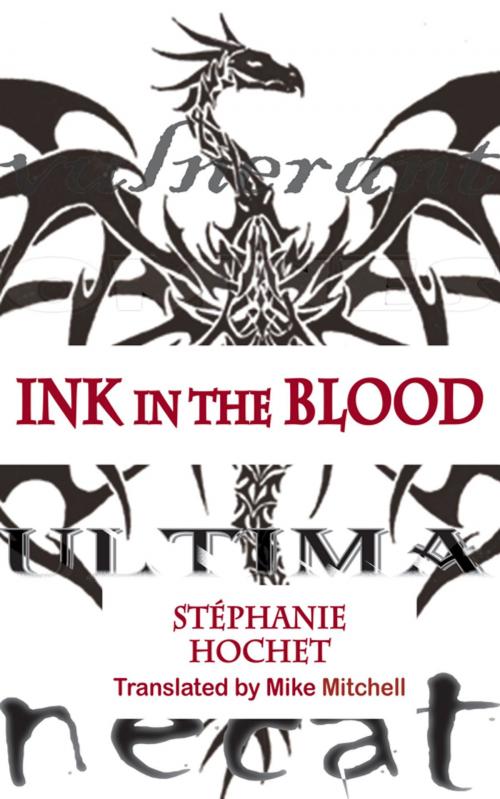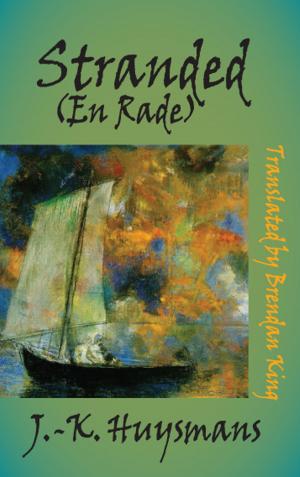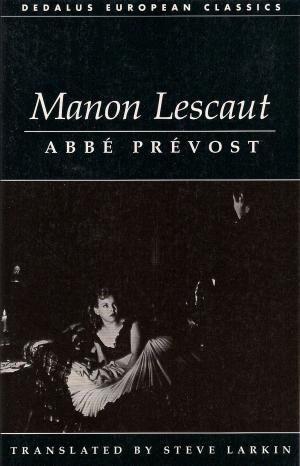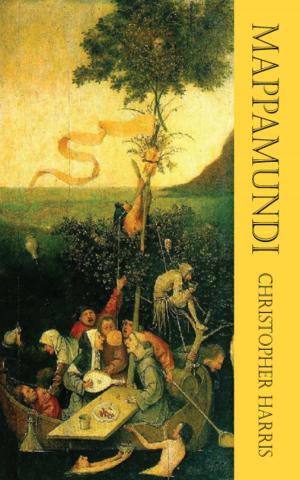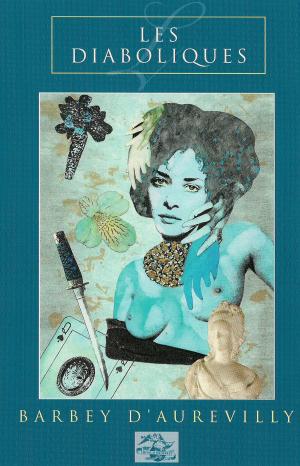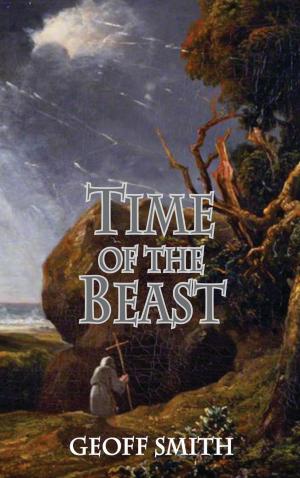| Author: | Stephanie Hochet | ISBN: | 9781910213315 |
| Publisher: | Dedalus Ebooks | Publication: | November 28, 2016 |
| Imprint: | Dedalus Ebooks | Language: | English |
| Author: | Stephanie Hochet |
| ISBN: | 9781910213315 |
| Publisher: | Dedalus Ebooks |
| Publication: | November 28, 2016 |
| Imprint: | Dedalus Ebooks |
| Language: | English |
The anonymous narrator of Ink in the Blood has long been fascinated by tattoos, by the symbols and emblems people choose, and by the physical aspect, even pain, of a needle injecting ink under the skin. As an artist who makes his living by drawing illustrations, he starts making designs for Dimitri, a skilled tattooist, and eventually decides to undergo the process himself. He chooses a Latin phrase in the form of a cross: vulnerant omnes, ultima necat — ‘they all (the hours) wound, the last one kills’. Once it has been done, his whole being seems to change, his feelings about himself and, especially, his attitude to women. Soon however, the first two words of the tattoo fade and ultima necat becomes a threat dominating his life. Ink in the Blood was published in France in 2013. 'This is a novella that is greater than the sum of its parts it is, of course, about more than just tattooing. There is a psychological cohesion to it that is all the more important when you are telling a story of what is, essentially, a descent into madness. And a journey into illness, too: there is some tricksy wordplay on “leukaemia” that left me wondering how on earth Mike Mitchell, the translator, managed it.“Hochet” is French for “rattle”; this is a good rattling, as in unsettling, story.' Nick Lezard's Choice in The Guardian 'Ink in the Blood is an innovative novel by one of France’s leading novelists and is certainly interesting. The novel is narrated by an anonymous narcissistic 45 year old artist with a fascination with tattoos, despite not having any himself. He decides to take the inky leap when he befriends Dimitri, a gifted and almost mystic tattooist, opting for a Latin phrase vulnerant omnes, ultima necat (all the hours kill, the last one kills). The tattoo changes him into a markedly different character, insecure and needy, and causes intense fear when the first line of the tattoo fades, leaving only ultima necat (the last one kills) and threatening his life.' Buzz Magazine
The anonymous narrator of Ink in the Blood has long been fascinated by tattoos, by the symbols and emblems people choose, and by the physical aspect, even pain, of a needle injecting ink under the skin. As an artist who makes his living by drawing illustrations, he starts making designs for Dimitri, a skilled tattooist, and eventually decides to undergo the process himself. He chooses a Latin phrase in the form of a cross: vulnerant omnes, ultima necat — ‘they all (the hours) wound, the last one kills’. Once it has been done, his whole being seems to change, his feelings about himself and, especially, his attitude to women. Soon however, the first two words of the tattoo fade and ultima necat becomes a threat dominating his life. Ink in the Blood was published in France in 2013. 'This is a novella that is greater than the sum of its parts it is, of course, about more than just tattooing. There is a psychological cohesion to it that is all the more important when you are telling a story of what is, essentially, a descent into madness. And a journey into illness, too: there is some tricksy wordplay on “leukaemia” that left me wondering how on earth Mike Mitchell, the translator, managed it.“Hochet” is French for “rattle”; this is a good rattling, as in unsettling, story.' Nick Lezard's Choice in The Guardian 'Ink in the Blood is an innovative novel by one of France’s leading novelists and is certainly interesting. The novel is narrated by an anonymous narcissistic 45 year old artist with a fascination with tattoos, despite not having any himself. He decides to take the inky leap when he befriends Dimitri, a gifted and almost mystic tattooist, opting for a Latin phrase vulnerant omnes, ultima necat (all the hours kill, the last one kills). The tattoo changes him into a markedly different character, insecure and needy, and causes intense fear when the first line of the tattoo fades, leaving only ultima necat (the last one kills) and threatening his life.' Buzz Magazine
